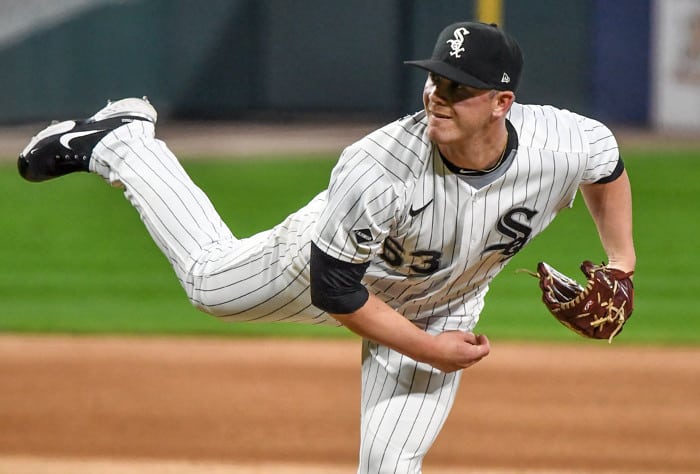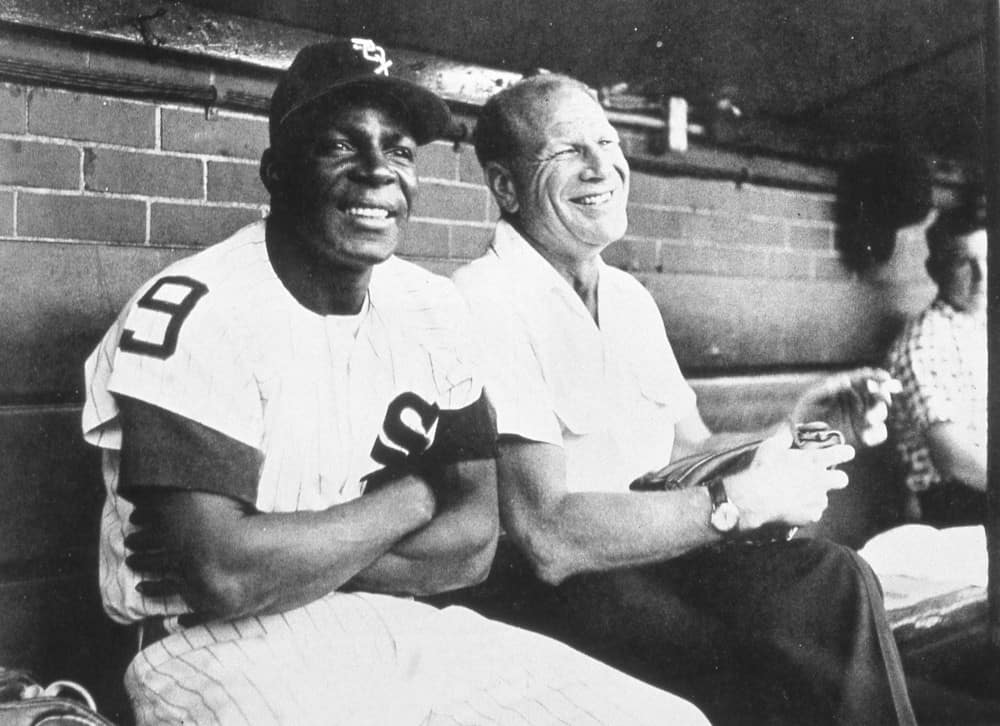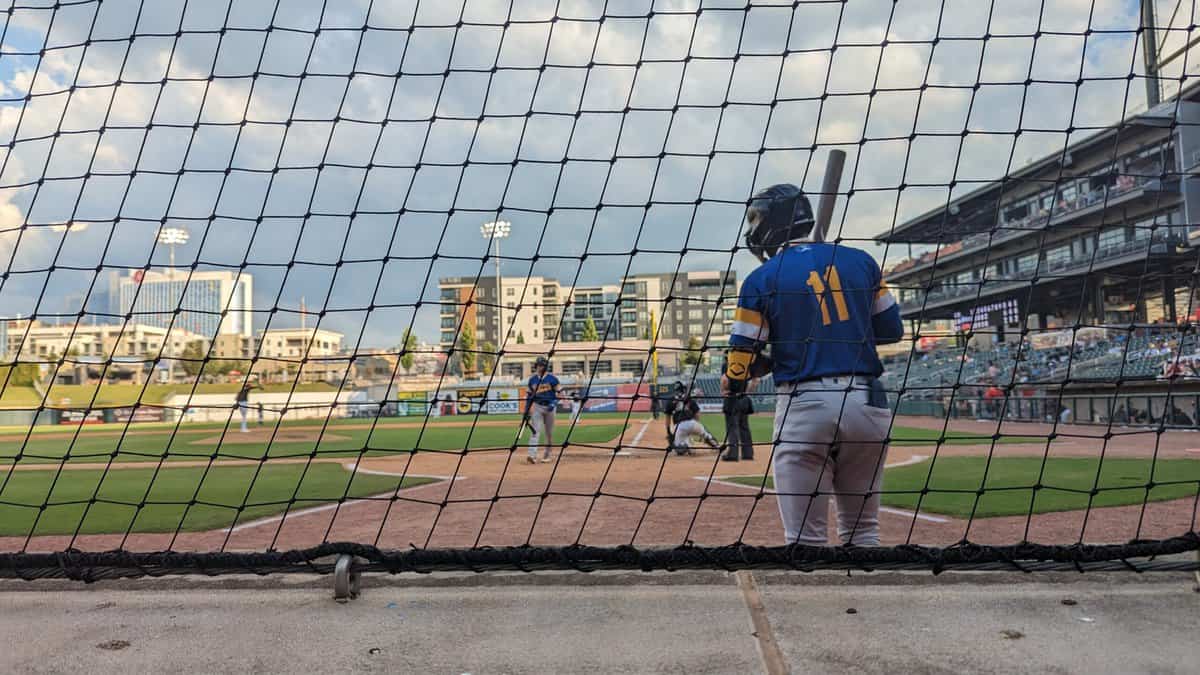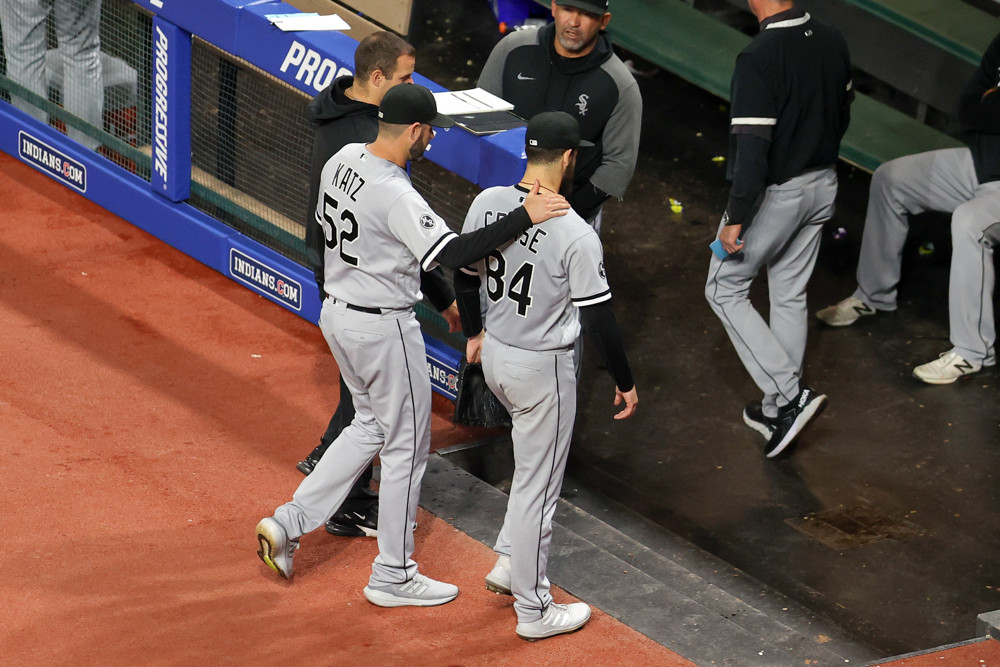If it's always darkest before dawn, then pitchers and catchers reporting to spring training is right around the corner. After Thursday's events here and elsewhere, good news has seldom seemed further away.
At this point, I don't have much interst in detailing the back-and-forth between Major League Baseball and the Players Association, because there really isn't any. For instance, the players offered a proposal that narrowed the field of rookies eligible for a full first year of service time, and eased the draft lottery. The league responded with a shrug.
It seems like there's a lot of room to meet in the middle -- or even pretty much 90 percent of what the players are asking for -- and still strike a deal that preserves the inverted incentive structure that makes owning an MLB team fantastically lucrative. As long as teams can make a profit without attempting to draw interest and nothing compels them to spend meaningfully, they're coming out well ahead. What the players have proposed doesn't seem to change that.
If the league blows past its self-imposed Monday deadline resulting in the self-described "disastrous outcome" of missing regular-season games, it'd be an incredibly foolish own goal. So foolish, in fact, that we'd probably have to reconsider what Rob Manfred is actually shooting for. If he's actually trying to be a steward of the game, then Ken Rosenthal is free to point out how miserably he's failing.
My suggestions will require more movement from the owners than the players, but fear not for the game’s overlords. Relentless in finding new efficiencies, ever-creative in tapping into new revenue streams — from gambling to ancillary real-estate developments, potential $2 billion expansion fees to the uniform patches and expanded playoffs that are likely in this deal — they are going to come out ahead regardless. But if they want to avoid canceling games and causing significant damage to the sport, they just should not come out as far ahead as before.
Lest anyone forget, while Major League Baseball is the only major professional sport without a salary cap, it is also the only one with an antitrust exemption, making it a legal monopoly. Manfred failed to mention that when he fretted at his most recent news conference that the owners were not doing as well with their resale values as they would by investing in the stock market. Few believed his claim, and even if it were true, it’s not as if the owners will merit representation on my list of charitable bow ties anytime soon.
However, if Manfred he's being paid to attempt to subjugate the union, then a little egg on face is the least of the collateral damage.
One underrated example of the league's craven obstinacy: Earlier this week, Major League Baseball asked for the ability to lower the cap of players in an organization from 180 to 150, which would further contract Minor League Baseball a level. The league then withdrew that item, but it snagged something the players wanted along the way:
And it seems self-defeating because such roster churn is something the league had expressed an interest in curtailing in a different way. Before the 2019 season, MLB floated the return of the 15-day injured list in order to cut down on sketchy turnover that allowed the deeper, cheaper teams to bullpen their way to offense-suppressing success. It never happened, even though the league could've unilaterally implemented such a change in 2020, because COVID-19 ended up forcing an entirely new injured list structure.
Either way, if the White Sox were any indication, this was not going to be a profoundly resonant tweak. At the time the rule change was being pondered, they'd only called up one reliever off the injured list with timing that could be potentially viewed as exploitative, and that pitcher was Michael Ynoa, so it automatically wasn't.
A limit of four or five options in a season would accomplish a similar end, because it still affords a team plenty of opportunities to push and pull a player off an active roster for depth purposes.
Take one Matt Foster, who was sent to Charlotte six times during the second half of the 2021 season.
- July 16
- July 19
- Aug. 6
- Aug. 16
- Sept. 6
- Sept. 23
Two of those cases might not count as an option because Foster was summoned to serve as the 27th man for a doubleheader, which would only further the idea that optioning a player four or five times in a season is plenty. Guys like Carson Fulmer and Jose Ruíz used the same bungee cord in similar seasons, and if one fewer optioning of a Foster means the White Sox would have to call upon an Alex McRae or a Zack Burdi instead, it's hard to see the across-the-board ramifications of leaving that negotiation point on the table.
Instead, the league removed it under the cover of a far more egregious headline, and to no apparent gain aside from scoring points with a cheap shot. I suppose all's fair in a labor war until the NLRB steps in, but if they're that casually sticking a thumb in the eye of the other party, they'll be hard-pressed to find anybody who will care to watch what else happens.






